THE GLORY OF SUPACELL : A SICKLE CELL SUPERHERO STORY
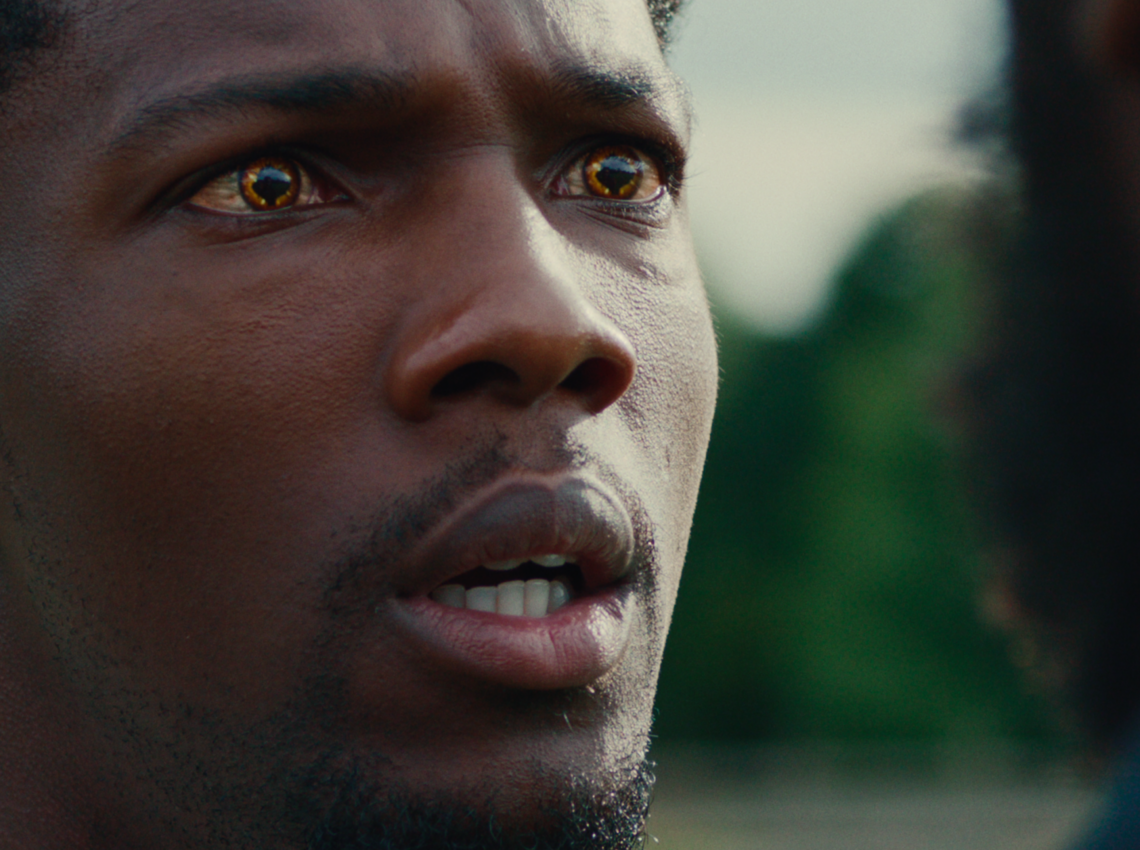
The most groundbreaking works of art begin with just a thought. For Rapman, the multi-talented mastermind behind Supacell, the thought was as simple as this: ‘what if people from ends had superpowers?’ When the idea entered his head in 2019, the storyteller realised that he was onto something special – and Netflix realised it too.
Fast-forward to five years later and Rapman’s thought has blossomed into a critically-acclaimed global number one series and a monumental gift to Black British television and beyond.
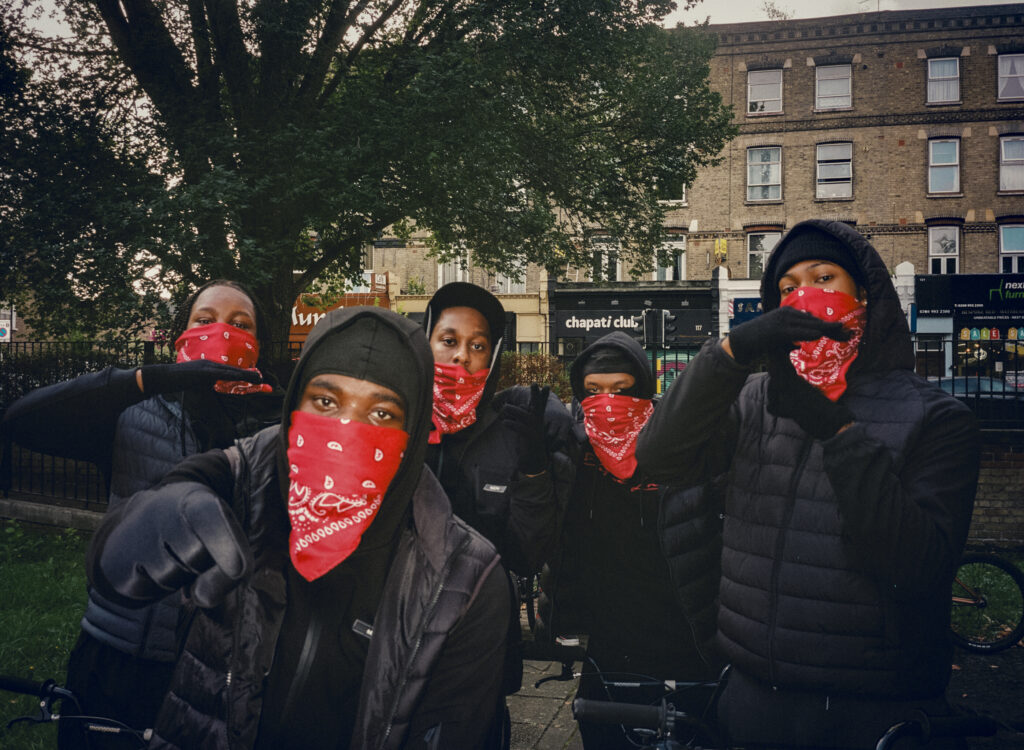

You won’t often catch me diving into a sci-fi show but when I heard about the unique twist in Supacell’s storyline, I had no choice but to tune in. As a Black British doctor, few illnesses move me more than sickle cell disease – it is the most devastating genetic condition to affect the global Black community and I’ve seen its impacts up-close. To me, the glory of Supacell is in its disruption of the narrative around sickle cell disease, cementing its role as more than just a superhero story. I binge-watched the series at my local salon and as my hairdresser weaved patterns into the cornrows of my Fulani braids, we got lost in the spellbinding world on-screen.
Supacell tells the story of five seemingly-ordinary South London natives navigating newfound superpowers whilst battling the complexities of everyday life, from fatherhood and relationship troubles to work woes and gang culture. The tale is entirely home-grown – reflecting upon his upbringing in Deptford, Rapman entwines his own experiences with the stories of those around him to paint a gritty and heartfelt picture of Black South London.
As the story unfolds, we eventually learn that the main characters are unified by their DNA – they all carry a rare and mutated ‘supacell’ variant of the sickle cell gene, which gives them supernatural abilities. Their eyes turn golden whenever their powers are awakened, mimicking a real-life symptom of sickle cell disease: yellowing of the eyes, or jaundice, which happens due to the destruction of their fragile red blood cells. In placing sickle cell at the beating heart of the plotline, Supacell has spun gold from this cruel condition, raising awareness and galvanising an important conversation in today’s popular culture.
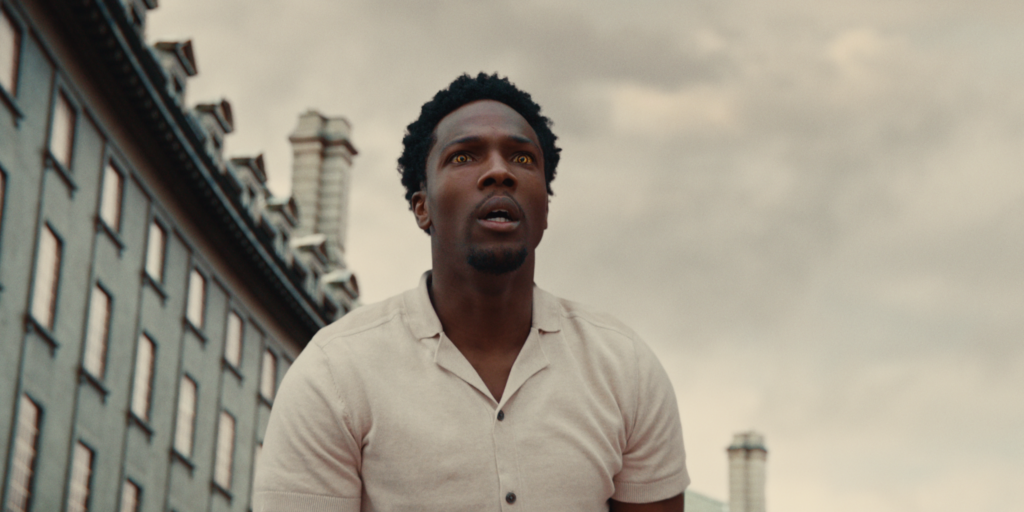
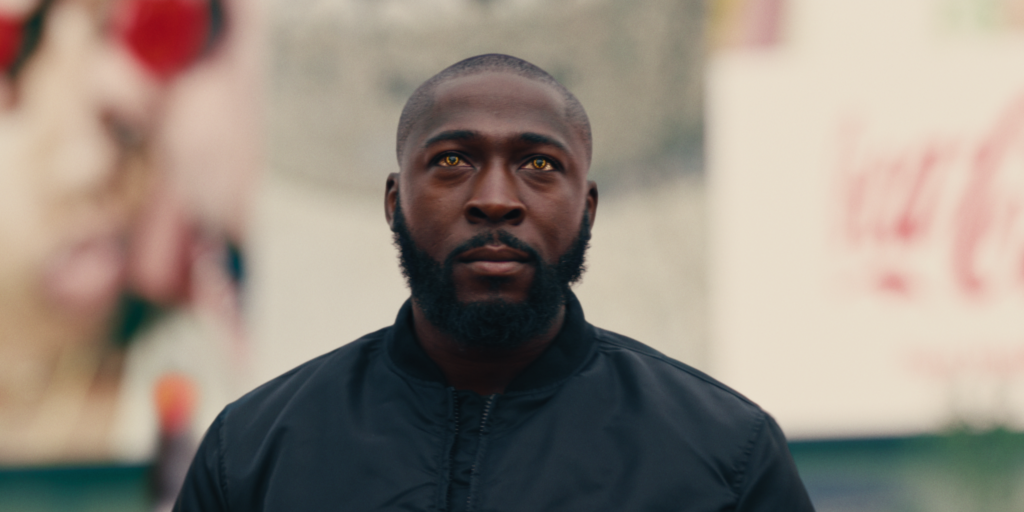
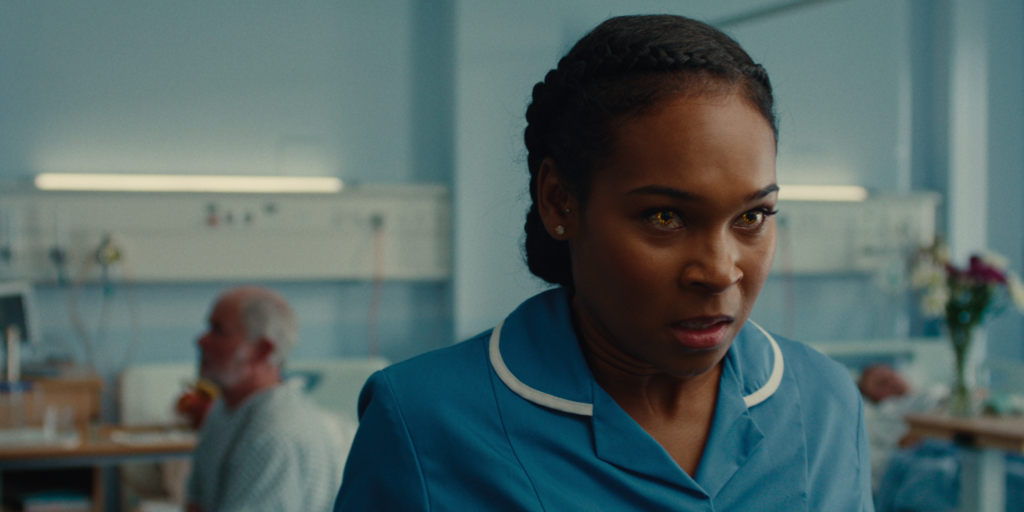
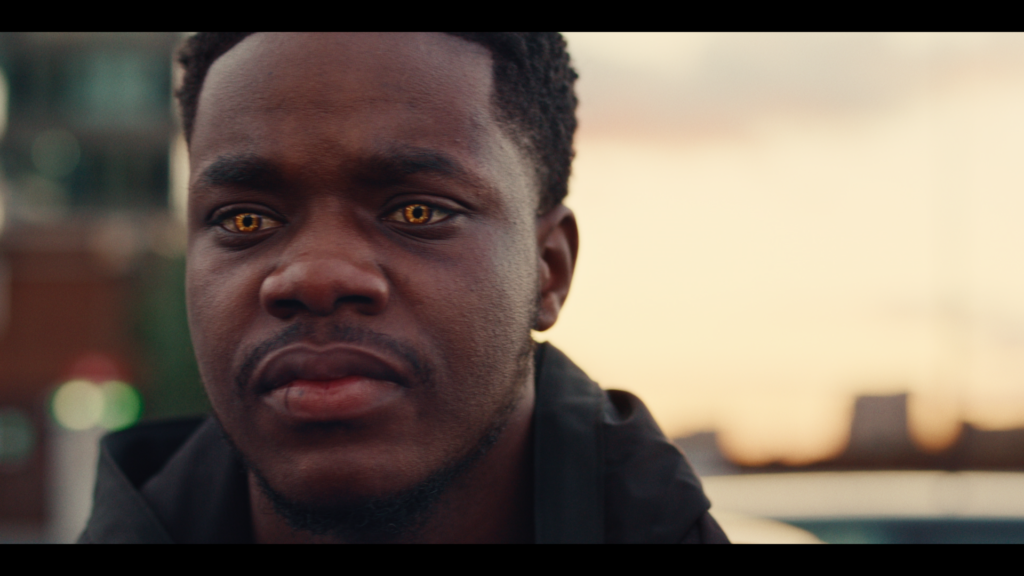
Sickle cell disease is caused by a gene mutation passed down through families. If a child inherits the sickle cell gene from both parents, they are born with the full-blown disease; if they inherit it from just one parent, they become a sickle cell ‘carrier’. This gene mutation affects the oxygen-carrying part of our blood (haemoglobin), causing red blood cells to become distorted and bend into a sickle shape, like a crescent moon. These abnormal blood cells can wreak havoc on the body, causing severe illnesses including strokes, anaemia (low red blood cell levels) and excruciatingly painful episodes called ‘sickle cell crises’. The condition predominantly affects Black people because this mutation can protect against malaria. Therefore, the sickle cell gene survives and continues to be passed on in people from communities where malaria is common – mostly sub-Saharan Africa.
I will meet thousands of patients throughout my career as a doctor, but let me tell you about one I won’t ever forget. During a night shift in Accident & Emergency, a 17-year-old Black boy was rushed in whilst having a sickle cell crisis. He lay in his hospital bed shaking and debilitated by pain, no family or friends at his side. “Please, doctor,” he begged me, doing his best to hold back his tears. No medical exam can prepare you for the heartbreak of seeing this kind of suffering. I made sure that his treatment plan was underway before returning to his side, wanting to make sure that he knew he wasn’t alone. I held his hand and whispered, “I’m so sorry”. His skin was a similar hue to mine; he reminded me of my little brother. “It’s ok,” he told me through gritted teeth, even though it wasn’t. “I’m used to it.” He’d spent the majority of his life in and out of hospital between blood transfusions and episodes of earth-shattering pain – no 17-year-old should be ‘used to’ that. But this boy’s bravery left me speechless. If his strength isn’t a superpower, I don’t know what is.
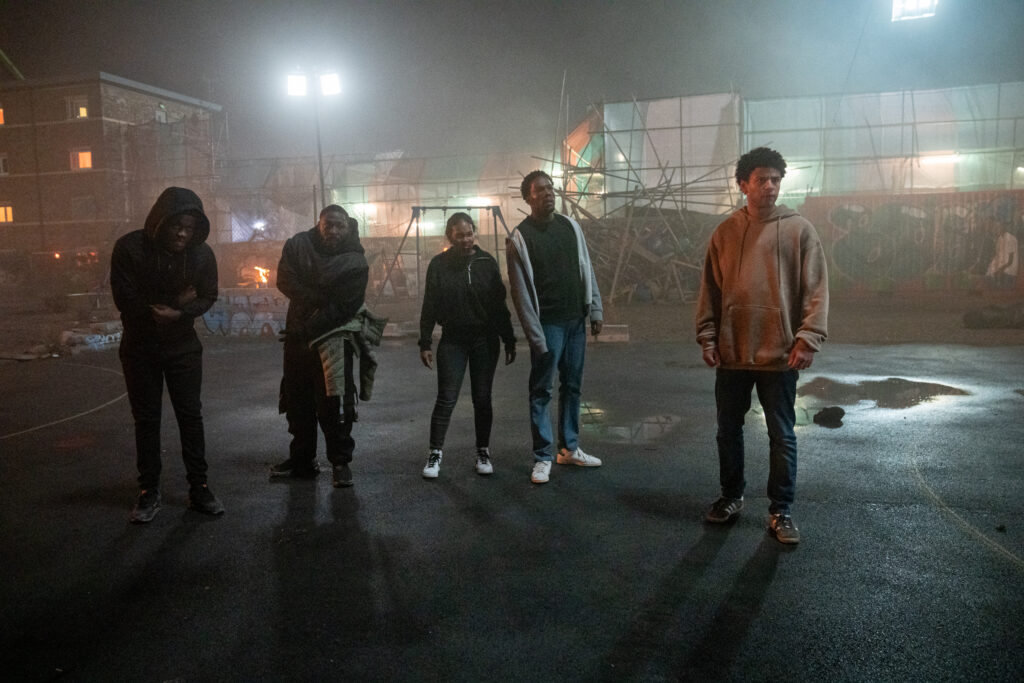
Whilst acknowledging the devastation of this disease, it is also important for us to uplift and embolden sickle cell survivors. The central tenet of Supacell is to do just that. Rapman has created a world where sickle cell is more than just an infliction, but a source of strength. The five main characters carry the sickle cell gene and thus they have superpowers; in other words, sickle cell is their superpower. Supacell inspires us to view the sickle cell community as more than just victims of their DNA – instead we see them as they truly are: supermen and superwomen, superboys and supergirls.
To learn more about Sickle Cell Disease, you can visit: https://www.nhs.uk/conditions/sickle-cell-disease
Many sickle cell survivors rely on blood transfusions, so they need our help. To learn more about donating blood, visit: https://www.blood.co.uk
Written by Davina Nylander
Discover more from our Arts & Culture section here.




![ZINO VINCI’S ‘FILTHY & DISGUSTING’EP BRINGS YOU TO THE CORE OF THE ARTIST [@ZinoVinci]](https://guap.co/wp-content/uploads/2023/10/Zino-4.jpg)





![Remel London’s [@Remel_London] “Mainstream” is a must attend for upcoming presenters!](https://guap.co/wp-content/uploads/2017/02/REMEL-LONDON-FLYER-FINAL-YELLOW-COMPLETE-1.png)